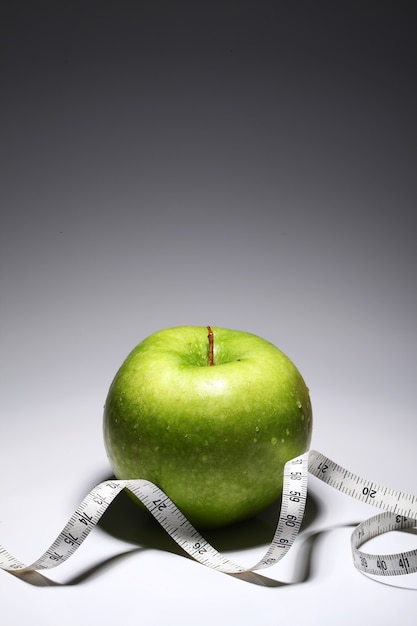
If you think losing weight means simply counting calories and eating less, think again, says Terry Fairclough, a top personal trainer and co-founder of Your Body Programme.
As a personal trainer, I’ve heard tons of debates and questions about the best diet for weight loss. People wonder if they should track every calorie, follow a low-fat, low-carb, or high-protein diet, practice fasting, or eat small, frequent meals daily. While each of these strategies can play a role depending on your body type, goals, and activity level, the one thing you should avoid is under-eating.
We’ve all seen someone start counting calories and drastically cut their intake to get that beach body. Yes, the weight might drop, but it won’t all be fat loss, which is what most people actually want. Today’s Western diet is often larger than necessary, so some people do need a slight calorie deficit because they were overeating. However, many mistakenly believe that under-eating is the only way to lose weight, and that’s just not right.
When we eat, our body breaks down carbohydrates into glucose, which fuels our cells. If we don’t use this glucose for energy or exercise, it gets stored in our muscles and liver as glycogen, which consists of many glucose molecules connected with water. When energy is needed, glycogen breaks down into glucose for fuel. Cutting calories mostly leads to losing this stored glucose and water, not fat.
A long-term calorie deficit can cause your body to hold onto fat and break down protein instead. Protein helps burn fat by fueling muscle maintenance even at rest. So it’s crucial to consume enough calories from all three macronutrients—fats, carbs, and protein.
Contrary to some beliefs, eating fat doesn’t prevent weight loss. Fat is an important, long-lasting fuel source, offering more than twice the energy of carbs or protein. During exercise, the body breaks down stored fat into fatty acids, which are transported to muscles for fuel. Without enough fat, you won’t have the energy needed to burn the fat you want to lose.
Restricting calories and nutrients can lead to deficiencies affecting various body systems, especially the immune, liver, and digestive systems, potentially causing health issues like fatigue, malnutrition, osteoporosis, anemia, and other hormone-related conditions. Extreme calorie cuts can stress your body, leading to the release of cortisol, a stress hormone that initially causes weight loss but long-term can lead to fat gain.
Three things typically occur with prolonged stress and high cortisol levels:
1. Protein breakdown slows metabolism.
2. Increased fat receptors, especially around the belly, due to chronic cortisol release.
3. Disruption of thyroid functions affecting metabolism.
Under-eating can impair digestion, nutrient absorption, and assimilation, impacting overall health and training results. Poor sleep from low blood sugar levels can disrupt liver detoxification, immunity, and productivity, adding to the cycle of weight gain.
Bodybuilders who restrict calories for competitions and then increase them afterward can face health risks if not done correctly. Continuous calorie cutting can slow metabolism significantly, making weight loss seem impossible as the body enters famine mode, storing any extra calories as fat.
The key is to consume the right amount of calories, carbs, fats, and protein based on your body type, activity level, and personal details. At Your Body Programme, we help people calculate their specific calorie needs to achieve their goals healthily.
Don’t overly restrict your diet. Instead, include a variety of lean proteins, healthy carbs (like fruits, vegetables, sweet potatoes, quinoa, brown rice, and whole wheat pasta), and healthy fats (such as avocado, nuts, seeds, olives, and olive oils) in your meals.
Terry Fairclough is a co-founder of Your Body Programme, a Personal Trainer, and a Nutritional Therapist. When he’s not writing out his ideas, he enjoys working out and maintaining his physical fitness.